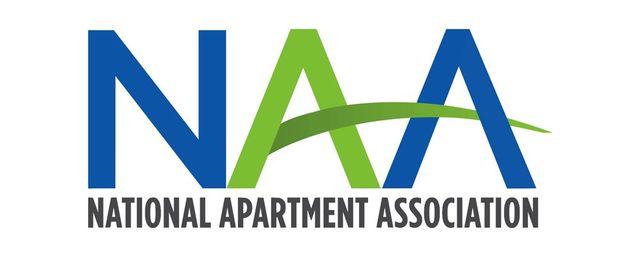Steering the Intricate Landscape of Regulatory Guidelines for Network Protection in Multi-Dwelling Residences to Ensure Occupant Safety and Information Safeguarding
Wiki Article
Within today's society, many individuals live in multi-dwelling buildings, including apartment complexes and condominiums. Such places often share common networks for internet and other amenities. Although this arrangement can be convenient, it also brings up important questions about network safety and regulatory requirements. Ensuring the safety of residents and safeguarding their data is essential. This article will examine the intricate landscape of compliance guidelines for network safety in multi-unit units, focusing on how these standards help maintain tenants safe and protected.
A of the primary regulatory guidelines that apply to network safety is the EU Data Privacy Regulation (GDPR). This regulation is intended to safeguard personal information and privacy for individuals inside the European Union. While it primarily pertains to companies functioning in the EU, its tenets can affect practices in different areas as well. For multi-dwelling units, adhering to GDPR means implementing strong information safeguarding protocols. This entails making sure that residents' individual information is collected, stored, and handled securely. By following these standards, property administrators can help build trust with residents and ensure their data is safe from unauthorized access.

Another significant standard is the Healthcare Insurance Portability and Accountability Act (HIPAA), which protects sensitive healthcare data in the healthcare industry. In multi-dwelling units, particularly those that provide healthcare services or have tenants with particular health needs, adherence with HIPAA is essential. This means that any health-related data gathered from residents must be maintained private and secure. Building administrators must ensure that their system systems are designed to avoid information breaches and unauthorized intrusion. By doing so, they not only adhere with legal requirements but also promote a secure residential environment for all tenants.
In addition to GDPR and HIPAA, the Credit Card Payment Sector Data Protection Standard (PCI DSS) is another vital regulatory standard. This standard is especially important for multi-dwelling units that process credit card transactions for lease or amenities. PCI DSS specifies security protocols that must be in place to safeguard customer information. This includes securing sensitive data and regularly reviewing system security. By following PCI DSS guidelines, building managers can reduce the threat of data breaches and protect tenants' monetary data, which is vital for maintaining their confidence and security.
Finally, it is crucial for multi-dwelling buildings to remain updated on local and federal regulations regarding system security. Regulations and standards can change, and remaining informed is essential for compliance. Property administrators should frequently review their security protocols and practices to make sure they visit the website comply with current requirements. This preventive approach not only assists in upholding compliance but also enhances the general security of the system. By prioritizing tenant safety and data safeguarding, multi-dwelling buildings can create a secure residential space that fosters trust and peace of mind among tenants.
To summarize, traversing the complex landscape of compliance standards for system security in multi-unit buildings is crucial for ensuring tenant safety and data protection. By comprehending and applying guidelines like GDPR, HIPAA, and PCI DSS, property administrators can create a secure environment for their residents. Remaining informed about regional laws and regularly assessing security practices further enhances this dedication to safety. In the end, a strong focus on compliance not only protects tenants but also fosters a feeling of community and confidence within multi-unit units.